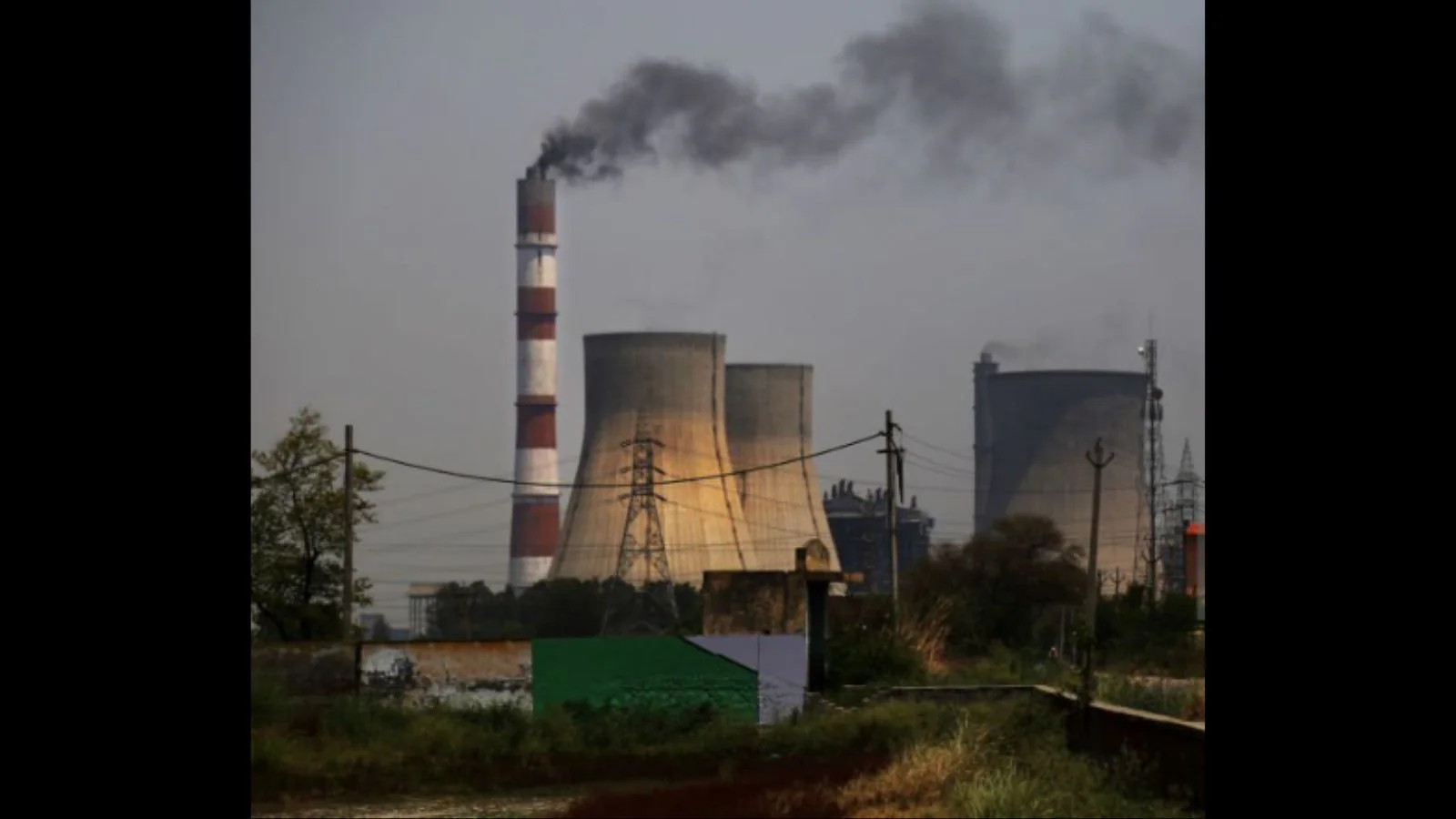Govts Plan To Produce Over Double The Fossil Fuels In 2030 Than 1.5°C Warming Limit Allows
By Apoorva Misra,News18,Srishti Choudhary
Copyright news18

Two years after their pledge to transition away from fossil fuels at COP28, countries are collectively planning even more production of fossil fuels—coal, gas and oil—according to a major report, exposing governments’ stark failure to act. This comes despite escalating climate disasters across the world upending lives and livelihoods.
According to the 2025 Production Gap Report, the projected 2030 fossil fuel production is over 120 per cent higher than what would be consistent with limiting warming to 1.5℃. “These plans undermine countries’ Paris Agreement commitments and go against expectations that under current policies, global demand for coal, oil, and gas will peak before 2030,” stated the report led by Stockholm Environment Institute. Climate Analytics, and International Institute for Sustainable Development (IISD).
The crucial report was released on Monday, just ahead of the UN Climate Summit in New York which will be attended by nearly 104 countries. Around 40 heads of state have confirmed attendance, including some G20 economies, who are expected to announce their updated climate action targets (NDCs).
“In 2023, governments formally acknowledged the need to move away from fossil fuels to mitigate climate change—an obligation the International Court of Justice has now clearly emphasised. But as our report makes clear, while many countries have committed to a clean energy transition, many others appear to be stuck using a fossil-fuel-dependent playbook, planning even more production than they were two years ago,” said coordinating lead author Derik Broekhoff from SEI’s US Center.
The report showed that countries are planning higher coal production through 2035, and gas production through 2050 than in 2023, with oil production also rising until 2050.
It is significant to note that when this assessment was last performed in 2023, the fossil fuel production gap was 110 per cent above the 1.5℃- aligned levels. It is now exceeding those levels by 120 per cent. At COP28 in Dubai, countries had also agreed “to phase-out inefficient fossil fuel subsidies”.
20 COUNTRIES PRODUCING 80% FOSSIL FUELS
The report also profiled 20 major fossil-producing countries that continue to provide substantial financial and policy support for fossil fuel production. This includes Australia, Brazil, Canada, China, Colombia, Germany, India, Indonesia, Kazakhstan, Kuwait, Mexico, Nigeria, Norway, Qatar, the Russian Federation, Saudi Arabia, South Africa, the United Arab Emirates, the United Kingdom, and the United States.
These countries are responsible for about 80 per cent of global fossil fuel production and the analysis revealed that 17 of them still plan to increase production of at least one fossil fuel to 2030. Just six of the 20 profiled countries are planning their local fossil fuel production that matches their national and global net zero targets, up from just four in 2023. It also noted that India—the third-largest producer of coal—assigned 57 coal blocks over the last decade for companies to mine coal for captive use (specific end uses only), and auctioned another 132 mines for either captive or non-captive use.
More than 50 researchers from all over the globe contributed to the analysis and review, spanning numerous universities, think tanks and other research organisations. With countries set to submit their new and updated Nationally Determined Contributions (NDCs) this September, the report urged governments to adhere to their legal obligation to align fossil fuel decisions with climate commitments, and submit targets that are a substantial improvement over their previous submission to keep the world below the 1.5℃ threshold.



